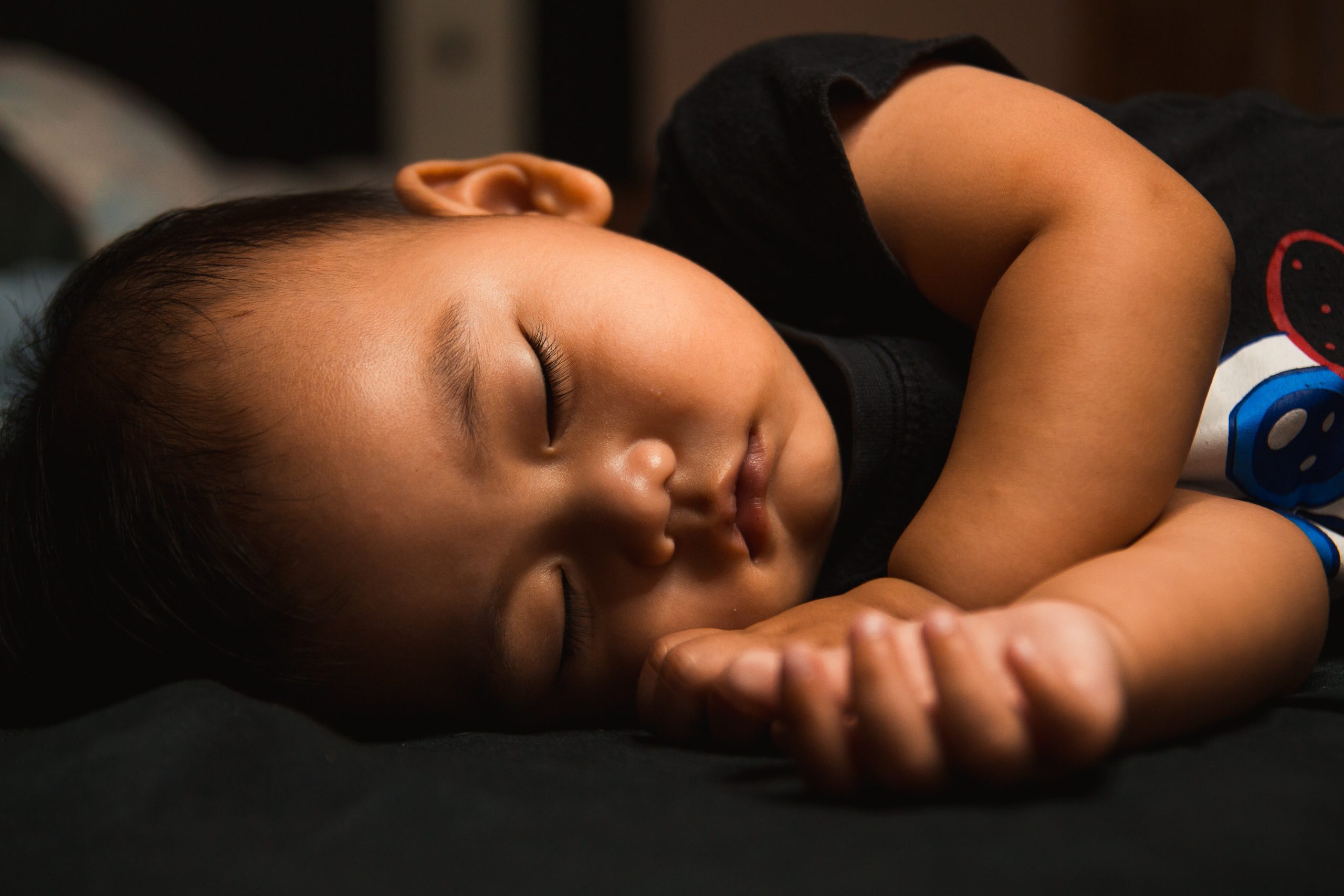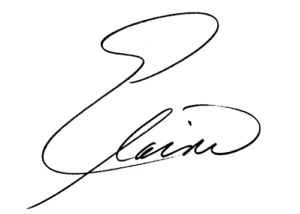“Sleep is the single most effective thing we can do to reset our brain and body health each day.” Andrew Walker
Dr. Andrew Huberman is a neuroscientist at Stanford University’s School of Medicine. He is known for his work in brain development, brain function, neural plasticity – and sleep. Here’s what he has to say about sleep . . .
“Sleep is the fundamental layer of mental health . . .”
His advice . . . “Get your biology right!” Figure out what you need to do to get to sleep and do it!
Why you must
Sleep isn’t simply a time out from an exhaustive day. It’s the time your body uses to heal. Sleep solidifies your memories, recalibrates emotional stress, restores your immune system, regulates your appetite, lowers blood pressure, improves the fitness of your cardiovascular system, flushes out toxins . . . . and that’s just a small fraction of what’s going on once you shut your eyes!
Sleep is your ultimate healer
Clocking less than 6 hours a night, writes Matthew Walker in his book, Why We Sleep . . .
- Demolishes your immune function
- Doubles your risk for cancer
- Makes you more susceptible to Alzheimer’s
- Disrupts your blood sugar
- Makes you hungry and causes weight gain
- Increases the likelihood of cardiovascular disease
- Increases the likelihood of coronary artery blockages and arteries becoming brittle
- Increases your suseptibility to colds, flus, and viruses
- Shortens your lifespan
Sleep is a non-negotiable for your health and longevity.
Screw this up and you’re bound for trouble.
So let’s fix it.
My top strategies for deeper sleep
#1 – Daily dose of bright light in the morning – Get outside for 2 -10 minutes each morning to view bright light. This says Dr, Andrew Huberman sets your clock for the appropriate release of hormones that put you to sleep at night (melatonin) and those that wake you up in the morning (cortisol).
My routine . . . outside every morning, bare feet on the ground (This is called grounding and the energy from the earth is a natural healer with amazing benefits!) Generally 15 – 20 minutes for me.
You can also do this in the evening just as the sun is lowering in the sky. A cue for you and your body to wind down and get some shut eye!
#2 – As evening approaches, avoid bright lights – especially bright overhead lights. From dusk on, keep your lights low. If your bedtime ritual involves bright bathroom lights, see if you can get a dimming system put in, use candles – or carry out your nighttime ritual earlier so you don’t expose yourself to bright bathroom lights just before bed.
Even a quick read of emails before bed may be enough to delay your fall-asleep time significantly.
#3 – Daily exercise. You don’t have to run to the gym for this. Work in a daily brisk walk. Thirty minutes is key, but if you’re just getting started, go with shorter intervals. Five minutes here. Ten minutes there and work up to a 30-minute walk daily. Working short periods of exercise into your day is as effective as one long bout at the gym – and a lot easier to manage.
“. . . shorter duration training appear to be more effective than the moderate and longer durations and moderate duration training more effective than the longer durations.” PubMed
#4 – 15 minutes of sunshine a day – without sunscreen. You can work this in with #1 in the mornings if you can make the time to get it in. Morning sun will give you a beautiful natural tan (without burning), and supply you with a dose of vitamin D – crucial for your immune system and a contributor to better sleep.
#5 – About that wine & evening nightcap . . . Although we often associate wine or a cocktail with relaxing us, it has the opposite effect when it comes to sleep. Ever wonder why you’re waking up in the middle of the night? That last glass of wine might have done the trick. Come to find out, alcohol “fragments sleep”, waking you up during the night.
Alcohol also suppresses REM sleep – the sleep-time activity that solidifies memories, names, and things you learned in the day. If you’re a student trying to absorb new information, alcohol may be your downfall.
If you’re hooked to your evening wine, I have no great options here other than diminishing your intake. And if you must, keep it to special occasions and stop at one glass as early in the evening as possible.
#6 – Sleep in a cool room – Your core temperature needs to decrease by two to three degrees to initiate sleep, says Matthew Walker. He suggests it will always be easier to sleep in a cool room. Dr. Frank Lipman, MD, suggests 60º-68º is best for sleep. The cooling of the body initiates a release of melatonin that encourages your body into sleep.
#7 – Cell phones off at night – If you must have your phone with you at night, put it in airplane mode. Yes, your alarm clock will still work in the morning, but your phone won’t be streaming EMFs from everyone on the planet into you! Ideally, turn your phone off and let it sleep in another room.
#8 – Establish a regular bedtime and wake-up time – even on weekends – Your body craves consistency. Do your best to develop a consistent routine to support your natural circadian rhythm. Try to get between 7 to 9 hours every night.
#9 – Turn off the news – at least occasionally – There’s nothing more disturbing today than the news – and, honestly, most of it is either opinion or useless speculation. I’m not suggesting you isolate yourself, but to have the talking heads ranting at you all day long is a recipe for sleeptime distaster.
#10 – Avoid sleeping pills – When we sleep the brain goes to work solidifying information and memories for us. Sleeping aids – perscription or even over-the-counter, writes Walker, are “minimally helpful” – and often harmful.
Ambien, for example, was found to be a “memory eraser”. While taking this might help you fall asleep faster, you’ll wake up with fewer memories.
Studies have also found links between prescription medications and increased risk of death, cancer, heart disease . . . enough to give one pause.
BONUS – This never fails – Supplementation.
You many be thinking of melatonin . . . Huberman warns against using this as it has a list of potential adverse effects (possible impact on other hormonal systems and – and while it may help you fall asleep it won’t help you stay asleep. You may find yourself waking up 3-4 hours later, unable to fall asleep.)
His recommendation (and mine), Magnesium and/or using an adaptagen like ashwagandha about 30 minutes before bed. This has never failed me or those I’ve recommended it to.
There are several different variations of magnesium. If you go with the wrong one (Mag citrate), you may experience a case of the runs – definitely not desirable!
I use this one – a blend of the various forms but there are many options out there. Email if you’d like a little help and I can link you into a site where you can buy pharmaceutical grade supplements at my discount.
There you have it. Fair warning – Don’t try all of these at once! Start with one that feels manageable. Give it a few days to set in and then try another.
We’re all different in our needs and what might help – which leaves it up to you to explore . . . and up to me to offer choices!
With Love ♥
Let me know how it goes in the comments below!
Questions? Need a little help? Email me at elaine@elainepauly.com


Love this article, Elaine. Agree with you 100%!
Thanks, Sally – and apologies to you as well as others who never received a response from me because I had not seen the messages. Mysterious tech issues?? Not sure but love hearing from and hoping all is well with you!
E